Understanding Identity Crisis: Exploring Its Basics and Impact
As we travel through the human experience we change our personalities and evolve as we go. After a few life altering changes between childhood adolesence and adulthood we all go through some form of Identity crisis where we only want to figure out who we are.
Finding out who you are is very important. In The Art of War, Sun Tzu says “ If you know the enemy and know yourself, you need not fear the result of a hundred battles. If you know yourself but not the enemy, for every victory gained you will also suffer a defeat. If you know neither the enemy nor yourself, you will succumb in every battle.”
Therefore gaining an idea of who you are and cementing your identity within yourself is paramount to the development and success of your goals and ambitions.
What is an identity crisis?
An identity crisis refers to a period of introspection and questioning where individuals grapple with defining their self-concept, values, and purpose. Coined by psychologist Erik Erikson, this term encapsulates the struggle to establish a cohesive sense of identity, especially during transitional phases in life. It involves questioning one’s roles, relationships, and the fundamental essence of who they are.
Identity crisis in working professionals
The workplace, often considered a microcosm of societal expectations, is a breeding ground for identity-related challenges. Working professionals may find themselves entangled in the complexities of balancing personal and professional identities. Factors such as career changes, promotions, or even existential questioning can trigger identity crises. The pressure to conform to organizational norms, meet societal expectations, or align with professional aspirations can intensify this struggle.
How can having an identity crisis affect your career
Reduced Job Satisfaction:
Individuals undergoing an identity crisis may feel a misalignment between their authentic selves and their professional roles, leading to diminished job satisfaction.
Impaired Decision-Making:
Uncertainty about one’s identity can cloud decision-making processes, affecting choices related to career paths, projects, or even job changes.
Difficulty in Goal Setting:
Establishing clear career goals becomes challenging when personal values and professional objectives are not in harmony, potentially hindering career progression.
Strained Interpersonal Relationships:
Identity crises can manifest in strained relationships with colleagues, supervisors, or subordinates, impacting collaboration and teamwork.
Career Stagnation:
An ongoing identity crisis may impede professional growth, as individuals may resist taking on new responsibilities or pursuing opportunities aligned with their evolving identity.
Impact on Mental Health:
Persistent identity struggles can contribute to stress, anxiety, or even depression, negatively impacting overall well-being and work performance.
Navigating the Journey
Self-Reflection:
Engage in introspective practices to understand your values, passions, and long-term aspirations, both personally and professionally.
Seek Support:
Discussing identity concerns with mentors, colleagues, or mental health professionals can provide valuable perspectives and support.
Embrace Change:
Recognize that identity is dynamic, and embracing change is a natural part of personal and professional growth.
Align with Values:
Strive for congruence between personal values and professional choices to create a more authentic and fulfilling career path.





